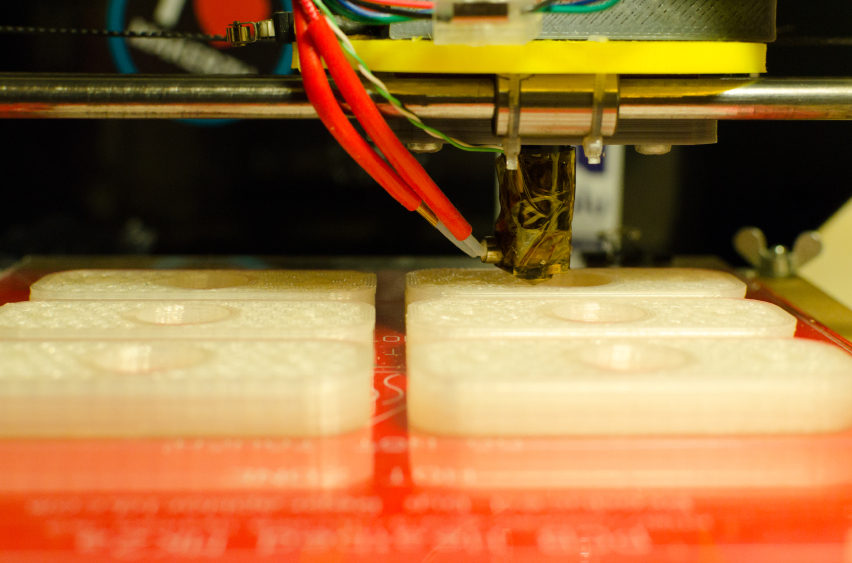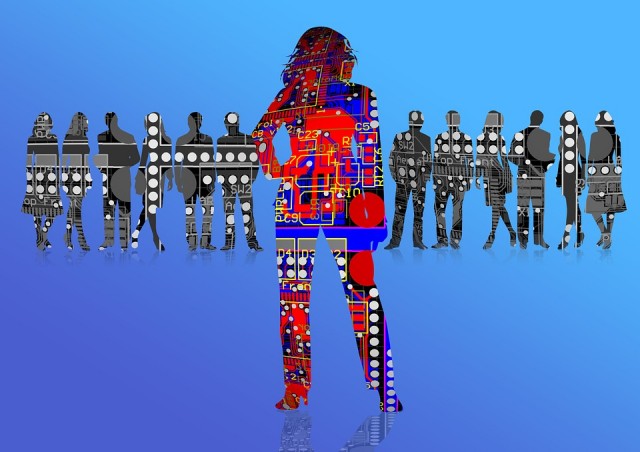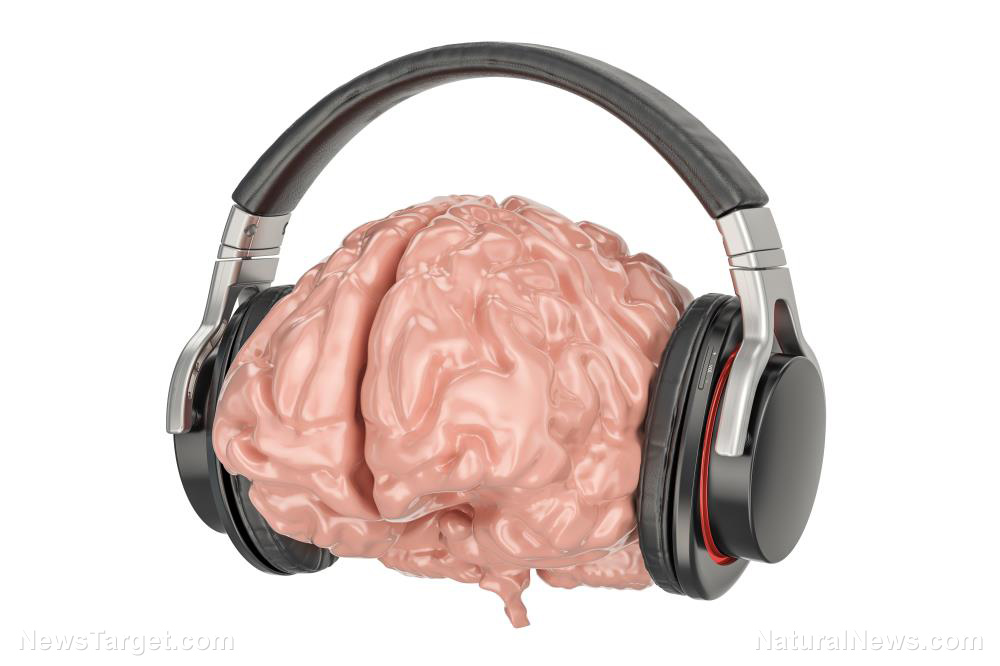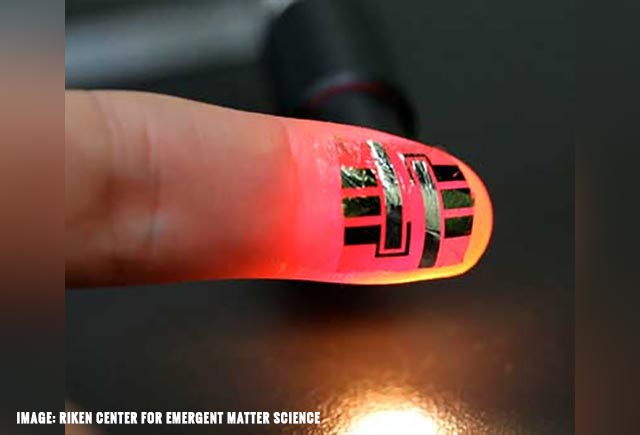“Flash bulb” memory breakthrough may help those with traumatic or suppressed memories
04/09/2018 / By Jessica Dolores

Why do we remember an event in vivid detail and forget the rest, no matter how many times they occur? Why do we remember where we were and what we were doing during the 9/11 terrorist attack, but keep on forgetting where we last put the car keys?
Blame it on flash bulb memory. According to psychologists, flashbulb memory, or remembering everything in vivid detail, happens when you encounter something so shocking or surprising, it sticks in your mind like a details of a photograph.
Scientists at the University of Sussex however, have found a way by which people can manage traumatic memories and hopefully get over them. Professor George Kemenes and Dr Sergei Korneev have singled out a molecule called microRNA (a very short RNA that does not code proteins), which plays an important role in long-term memory.
Neuroscientists tested how great pond snails remember how to complete a simple task through single trial learning. They found that the levels of the miRNA rose significantly after a single trial learning. This, in turn, reduced the amount of the protein Lym-CREB2 mRNA, which plays an important role in restricting memories. Because of this, Kemenes concluded that creating a certain drug could block certain memories and form new ones, especially for dementia patients. It could also help ease the pain of people experiencing post-traumatic stress disorder. (Related: The mind-body connection: How trauma in one can manifest in the other.)
“The more we can learn about the physical process of forming memories, the more hope there is that we could eventually learn ways to counteract conditions where memories are too traumatic or where new memories are being restricted,” says Kemenes.
Negative events, however, are not the only source of flashbulb memories. Happy experiences like a first kiss are also the stuff of flashbulb memories. But the scientists opted to focus on the negative ones in an effort to help dementia patients and those suffering from traumatic experiences.
Coping tactics
What do you do if you or your loved one have experienced a traumatic event — the loss of a loved one, a freak accident, or anything that disturbed you so much if has given you sleepless days and nights? The Royal College of Psychiatrists offers these suggestions:
- Give it time. You can’t get back on your feet overnight. It could takes weeks or months to accept the truth and live with it. You need time to grieve over your loss or your sorrow.
- Face the music. You can’t escape from the truth. So square your shoulders and find out what happened.
- Get a support group. Unburden your fears to family and friends. They will surely offer a shoulder to cry on.
- Look after yourself. Have more ‘me’ time on the beach, at home, in church, or wherever to reflect on what happened. You may also spend some time with your family or best friend.
- Follow a routine. You may not feel like eating or even going out of the house. But try taking regular meals and eating a balanced diet. Gentle exercise helps, too.
- Be extra cautious. Traumatized people are usually in a daze, and are not extra careful about say, driving a car or operating a machine.
- Strengthen your faith. Researchers revealed that 90 percent of their subjects turned to “prayer, religion, or spiritual feelings” as a way of coping after the 9/11 terrorist attacks. Research also showed a positive correlation between faith and recovery from survivors of a traumatic loss. This suggests that spirituality can guide survivors in making sense of their loss. And people suffering from trauma can learn to cope by seeking help from spiritual communities.
Trauma is not a death sentence. You can learn to get over it, with the help of family, friends, faith and the latest discoveries of science.
Sources include:
Tagged Under: brain health, dementia, emotion, faith and recovery, flashbulb memories, happy experiences, long-term memory, mind body connection, mind body science, neurocognitive health, new memories, post traumatic stress disorder, PTSD, restricting memories, sad experiences, trauma, traumatic experiences, traumatic loss, traumatic memories




















